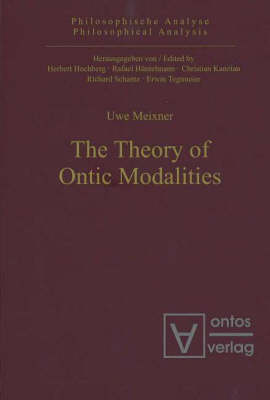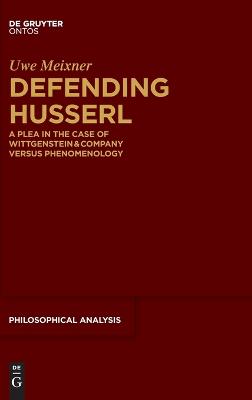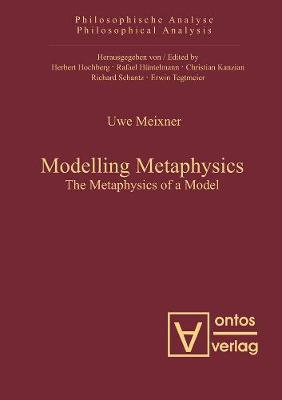Philosophische Analyse / Philosophical Analysis
1 primary work • 3 total works
Book 13
This book presents a comprehensive, non-model-theoretic theory of ontic necessity and possibility within a formal (and formalized) ontology consisting of states of affairs, properties, and individuals. Its central thesis is that all modalities are reducible to intrinsic (or "logical") possibility and necessity if reference is made to certain states of affairs, called "bases of necessity." The viability of this Bases-Theory of Modality is shown also in the case of conditionals, including counterfactual conditionals. Besides the ontological aspects of the philosophy of modality, also the epistemology of modality is treated in the book. It is shown that the Bases-Theory of Modality provides a satisfactory solution to the epistemological problem of modality. In addition to developing that theory, the book includes detailed discussions of positions in the philosophy of modality maintained by Alvin Plantinga, David Lewis, Charles Chihara, Graeme Forbes, David Armstrong, and others. Among the themes treated are: possibilism vs. actualism; the theory of essences; conceivability and possibility; the nature of possible worlds; the nature of logical, nomological, and metaphysical possibility and necessity.
The phenomenological approach to the philosophy of mind, as inaugurated by Brentano and worked out in a very sophisticated way by Husserl, has been severely criticized by philosophers within the Wittgensteinian tradition and, implicitly, by Wittgenstein himself. Their criticism is, in the epistemological regard, directed against introspectionism, and in the ontological regard, against an internalist and qualia-friendly, non-functionalist (or: broadly dualistic/idealistic) conception of the mind. The book examines this criticism in detail, looking at the writings of Wittgenstein, Ryle, Hacker, Dennett, and other authors, reconstructing their arguments, and pointing out where they fall short of their aim. In defending Husserl against his Wittgensteinian critics, the book also offers a comprehensive fresh view of phenomenology as a philosophy of mind. In particular, Husserl’s non-representationalist theory of intentionality is carefully described in its various aspects and elucidated also with respect to its development, taking into account writings from various periods of Husserl’s career. Last but not least, the book shows Wittgensteinianism to be one of the effective roots of the present-day hegemony of physicalism.
This book models and simulates metaphysics by presenting the metaphysics of a model. The small size of the model makes it possible to treat metaphysical matters with a more than usual systematicity and comprehensiveness. In the mirror of sustained analogy, simulation-metaphysics offers a wealth of insights on the real thing: on the doctrines, the methods, and the epistemology of metaphysics.


